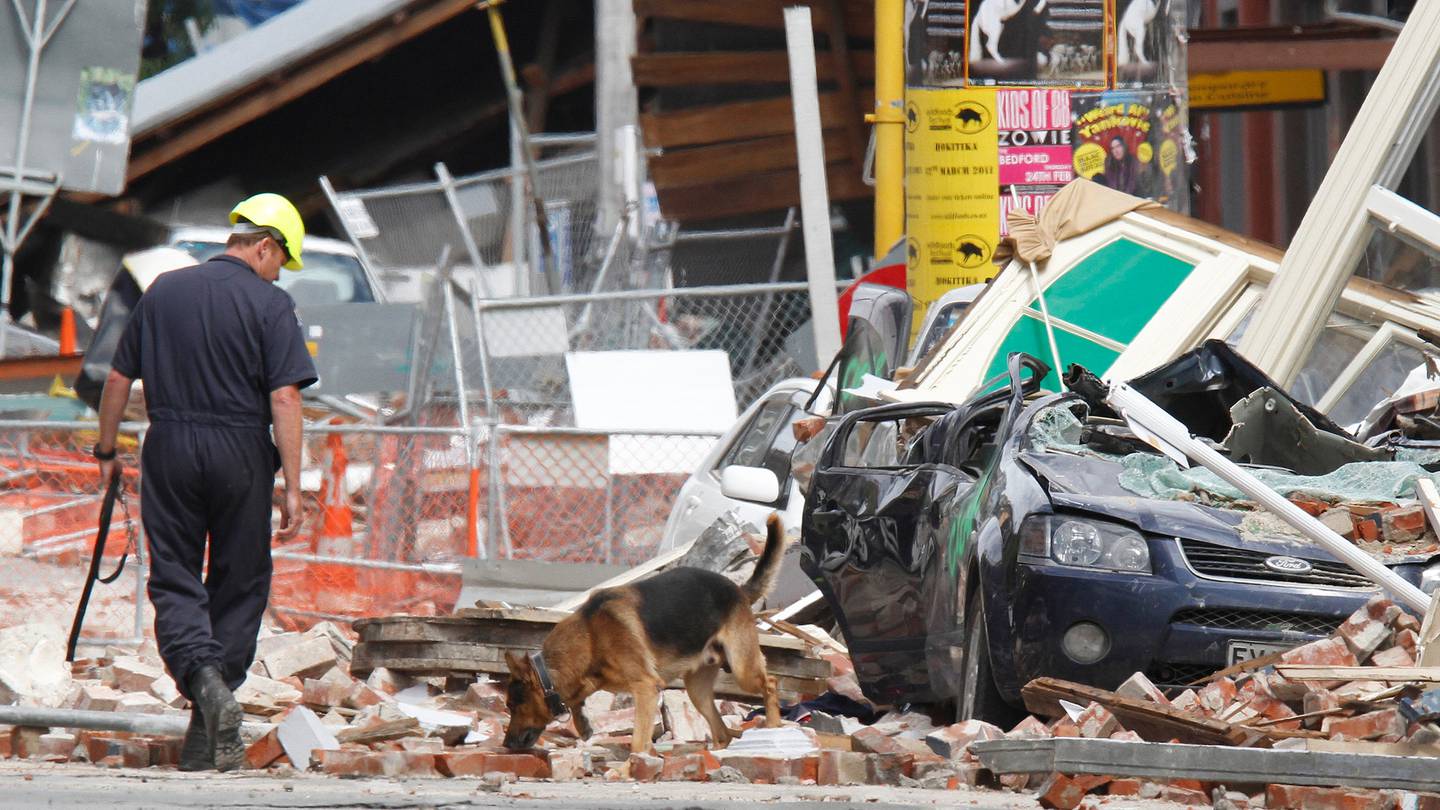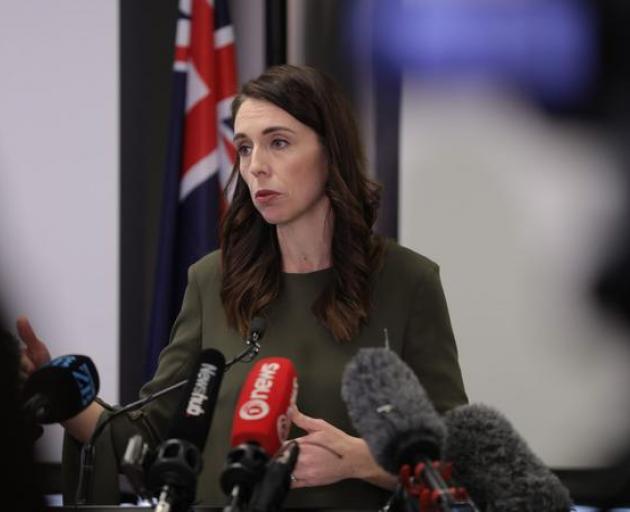
Ardern told Newstalk ZB's Chris Lynch she particularly remembers the images of the earthquake
She remembered going down for a session in Parliament that day and the "sombre atmosphere," she said.
"When one part of the country experiences tragedy, there is just an enormous desire from New Zealanders to show solidarity, that's immediately where we go."
"I was speaking to a person this morning in their early 20s and you can see, talking about the quake, it was a very vivid memory for someone so young at the time."
"My message would be that I don't think anyone should feel any sort of pressure to no longer feel how acute it was or to move on, if people are still experiencing the trauma, that is completely natural and understandable and I hope we put aside that kiwi stoic nature."

"Christchurch has risen and it will continue to do so. Every time I come down I see something new, whether it be a new public space or a piece of art."
Former Prime Minister Sir John Key says being caught in terrifying aftershocks and surveying devastation akin to a war zone inspired a speech that dubbed the deadly quake our "darkest hour".
Key, who was governing the country at the time, today recalled the moment the 5.9 quake struck, feeling a violent shake on the ninth floor of the Beehive and being told the epicentre was in Christchurch.
"We realised it would have had to be enormous on the ground given how large it was in Wellington," he told Newstalk ZB's Mike Hosking.
"I made the call I wanted to get down there straight away if I could."
With a disaster response effort activated in Wellington, Key flew to the South Island to personally survey the damage.
"When I got to the place where they housed the emergency centre, believe it or not it's all built with glass. We went in there trying to talk to the police commander and different groups and this thing was shaking like, I mean the noise was incredible and very scary actually.
"A combination of that and going down to Latimer Square where all the press were gathered and the CTV building was burning out of control, it was honestly like a war zone.
"We could get a sense clearly of what people were going through and the scale of it by then that it was going to claim a lot of lives and do utter damage to the city so that was really what drove the possibly New Zealand's darkest hour comment. It just felt like that because it was horrendous on the ground."
The shallow quake claimed 185 lives and caused major damage across Christchurch and surrounding districts.
Key said a decade on, one of the best decisions at the time was to provide a wage subsidy to give financial support through the difficult weeks.
"People couldn't get into work, the CBD was closed, it was just horrendous so we made the call that we would go around the bureaucracy because it would take weeks to get that all organised, we just went in there and said we're going to pay every employer that needs the support for 12 weeks and that's the way it's going to be.
"In doing that I think that very short-term decision actually saved the future of Christchurch."
He said it gave hope to keep businesses going.
Key dismissed criticism over ongoing rebuild delays, saying at the time the government tried to make things as easy as possible.
He said EQC dealt with 167,000 claims and the government purchased 10,000 red-zoned homes. Major infrastructure projects such as the Christchurch Cathedral were out of the government's hands.
"Nothing's ever going to be perfect in this scale and magnitude but go around the world and have a look at cities that have had a major disaster like Christchurch had and see how many of them actually get rebuilt, the population not only stabilises but grows and frankly a better city re-emerges with fantastic infrastructure."













